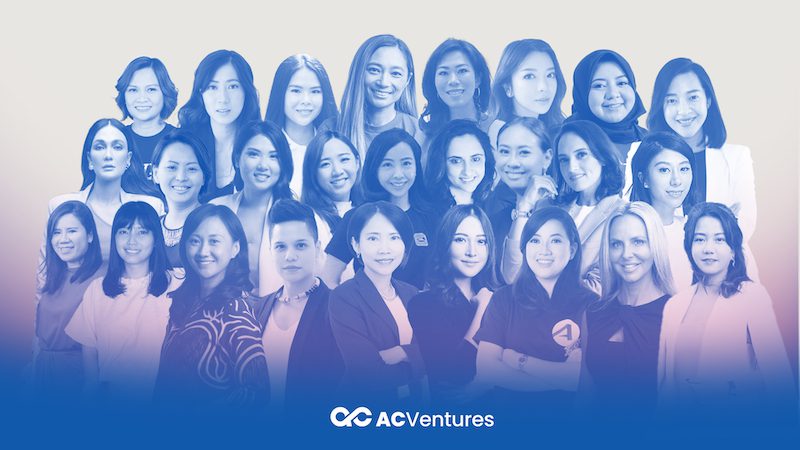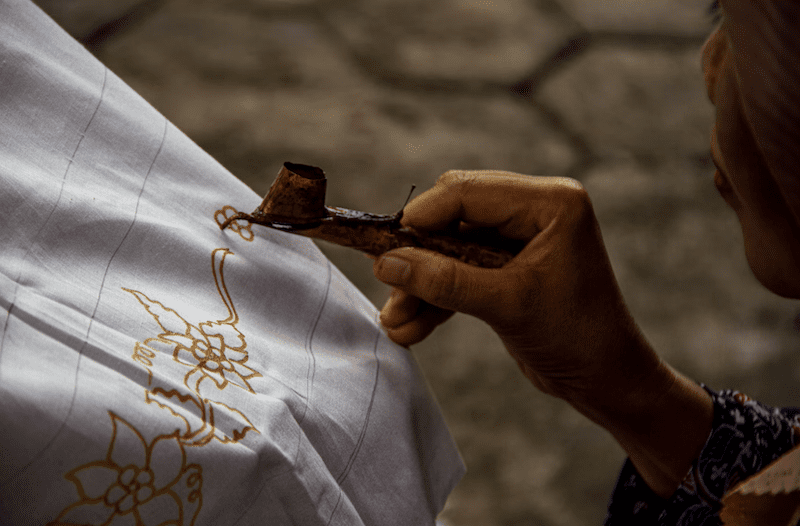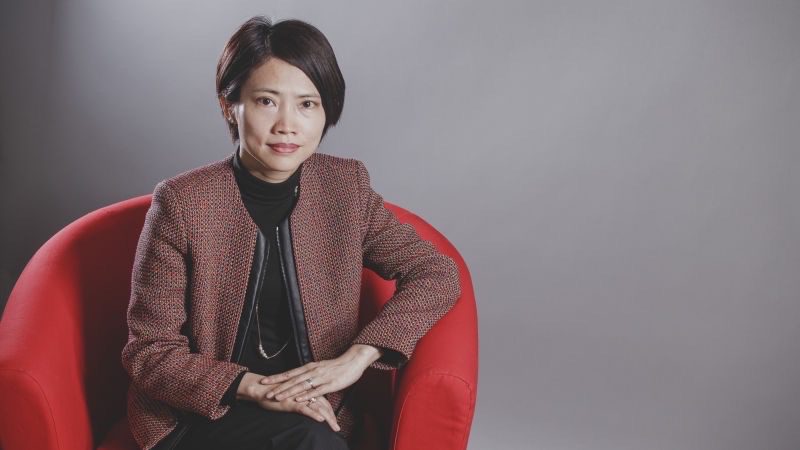Our partners at AC Ventures who champions the female founders in unlocking potential with more women in venture capital

Construction on Overture's final assembly line remains on track for completion in 2024
March 8, 2023
Earlier this morning, Helen Wong, Managing Partner at AC Ventures (ACV), rang the opening bell at the Singapore Exchange in recognition of International Women’s Day.
When she joined ACV in January 2022, Helen was already ranked one of China’s top 25 female VCs and top 100 investors by Forbes magazine. Over the course of her more than 20-year career, Helen has made a name for herself by identifying strong teams and high-potential sectors in China and emerging markets. She rose quickly at firms like GGV and Qiming Venture Partners, eventually leading deals into now-unicorn Akulaku, RedDoorz, and other well-recognized tech names.
But even before Indonesia’s leading early-stage venture capital firm named Helen Managing Partner, the company had boldly and intentionally positioned itself in the market as a champion of female entrepreneurship—not just to deliver a societal impact but also to capitalize on a robust market opportunity.
In Helen’s opinion, venture investing is one of the fastest ways to create gender balance, at scale, in the workforce throughout society in emerging Asia. That said, she also acknowledges that there is still a long road ahead.
“I have seen women’s progress in venture capital and entrepreneurship in Southeast Asia, but we must not become complacent. At AC Ventures, while we are proud to have a 50:50 gender-balanced team and 40% female leadership across our portfolio companies, more must be done to create opportunities for women,” said Helen. “Our social e-commerce companies are empowering female micro-entrepreneurs to increase their household income. We believe that adopting a gender-neutral lens in investing is crucial to identifying and supporting such initiatives.”
Indonesia’s female-led MSMEs represent a large market
Currently, only 55.9% of women participate in the Indonesian workforce, with around 81.8% working in the informal sector, despite two-thirds of the female population being of working age and having a higher level of education. This is an improvement from recent years, but still well below the 67.7% average for the East Asia and Pacific region. The World Bank cites a lack of adequate childcare as the primary constraint for Indonesian women who may otherwise work, and this leads to an economic cost in terms of foregone earnings.
Be that as it may, many women in Indonesia, while simultaneously caring for children, are still choosing to pursue entrepreneurship.
The IFC believes women-owned SMEs in Indonesia collectively represent a “golden opportunity” for financial institutions looking to lend or invest. It is one of the fastest-growing spaces in the country and shows high promise, likely approaching a US$10 billion potential market size. Yet it has long been underserved. As Indonesia seeks to transition from a labor-intensive to a capital-based economy, the sector is now ripe for development.
Indonesia has around 64 million MSMEs representing 98% of all businesses in the nation, which contribute more than 61% to the market’s US$1.38 trillion economy. Estimates suggest that more than half of these are, in fact, women-owned. This equates to a robust opportunity of at least US$421 billion.
Over the years, ACV has cultivated a strong, thesis-driven investment philosophy that largely focuses on supporting female tech founders, but also empowering women-owned MSMEs through its portfolio of startups. The firm believes that diversity is crucial to success and is committed to identifying and investing in women-led startups across Southeast Asia.
Some of the most prominent female-led companies in ACV’s portfolio include fintech unicorn Xendit, Aruna, Astro, NAMA Beauty, KLAR, DurianPay, Rosé All Day Cosmetics, Supermom, RAENA, and Simplus, to name a few.
In terms of empowering female micro-entrepreneurs, prominent case studies from ACV’s portfolio include companies like social commerce platform KitaBeli, Indonesia’s largest beauty product reseller platform RAENA, parenting network Supermom, and grocery delivery startup Segari, as they work with predominantly female agents to distribute goods more efficiently throughout the archipelago. Meanwhile, financial super app KoinWorks recently reported that 40% of its MSME borrowers are women-led.
Unlocking potential with more women in venture capital
According to CSIS, there is a severe lack of female representation in the venture capital and private equity industry today. In the United States, for example, women own just 36% of firms. Meanwhile, a 2016 working paper published by Harvard Business School revealed that almost 8% of venture capital firms have never hired a female employee or invested in a startup led by a woman. The Female Founders Fund, an early-stage investment firm led by women, reported that only 2.7% of venture capital funding went toward female-founded companies in 2019.
With all this in mind, ACV aims to change the game in Southeast Asia. 2022 was a landmark year for the tech investor, as it appointed multiple women to key senior leadership positions. In addition to Helen as Managing Partner, the firm onboarded Samira Shihab as Principal, Head of Value Creation, and Lauren Blasco as Principal, Head of ESG. In 2023, ACV hired Melina Anlin as its new VP of Investments. In addition to top leadership positions, 50% of all roles across ACV are occupied by women.
“We strongly advocate for diversity and gender equality, as we have observed the success of mixed-gender founder teams,” said Helen. “Further, we have invested in businesses that cater to female micro-entrepreneurs, recognizing the untapped potential to utilize their free time and supplement family income.”







